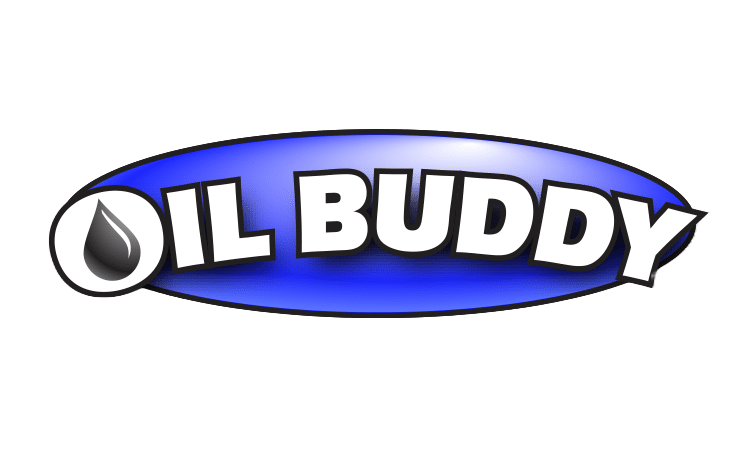The Role of Oil and Air Filter Maintenance in Improving Fleet Efficiency
When people talk about fleet management, they often think about scheduling, drivers, or route optimization. But the real secret to keeping a fleet running like a well-oiled machine—literally—is proper oil and air filter maintenance. A reliable fleet oil change schedule and regular checks on your fleet air filter are two of the most effective ways to extend vehicle lifespan, boost fuel economy, and save money over time.
If you think oil and air filters are minor details, think again. These components are the unsung heroes of your engines. They keep contaminants out, improve airflow, and ensure the system runs smoothly. Ignoring them can lead to sluggish performance, higher fuel costs, and even expensive breakdowns.
In this post, we’ll break down how your
oil and air filter routine directly affects fleet efficiency—and how you can get the most out of every mile.
Why Fleet Oil Changes Matter More Than You Think
Oil changes are like coffee for your fleet—they keep things running. Fresh oil keeps the engine lubricated, reduces friction, and prevents wear and tear on critical parts. But when oil gets old and dirty, it loses its ability to protect the engine.
Here’s why keeping up with fleet oil change intervals makes such a big difference:
- Better Engine Performance: Clean oil ensures smoother operation by minimizing friction and maintaining consistent pressure.
- Longer Engine Life: Old oil breaks down over time, allowing sludge and metal particles to build up. Fresh oil removes those contaminants and helps prevent costly repairs.
- Improved Fuel Efficiency: A clean engine doesn’t have to work as hard, which means your fleet consumes less fuel—always a win for your budget.
- Reduced Downtime: Regular oil changes keep your vehicles on the road and out of the shop. That means fewer delays and happier clients.
Think of oil as your fleet’s lifeblood. Neglect it, and everything downstream—productivity, performance, and even profits—takes a hit.
The Importance of Air Filters in Fleet Efficiency
Now let’s talk about the other half of the equation: your fleet air filter. It might look like a simple piece of folded paper, but it plays a massive role in your engine’s health and performance.
The air filter keeps dust, debris, and insects from entering the engine’s intake system. Without it, your engine could choke on contaminants, lowering fuel economy and performance.
Here’s how a clean oil and air filter system helps improve your fleet’s efficiency:
- Cleaner Combustion: The engine needs clean air to mix with fuel for combustion. A dirty air filter restricts airflow, leading to poor fuel burn and reduced power.
- Better Fuel Mileage: When your engine can breathe freely, it burns fuel more efficiently—saving you money over thousands of miles.
- Lower Emissions: Dirty filters make engines work harder, which can increase harmful emissions. Keeping them clean helps your fleet stay eco-friendly and compliant.
- Reduced Engine Wear: Airborne particles can damage engine components over time. A fresh air filter prevents that, extending the lifespan of your vehicles.
So, the next time you’re mapping out maintenance schedules, remember that a simple
air filter inspection can make a world of difference.
How Oil and Air Filter Maintenance Work Together
Oil and air filters aren’t just separate maintenance items—they’re a dynamic duo. Together, they ensure your fleet runs efficiently, cleanly, and reliably.
Here’s how they complement each other:
- Oil Filter: Removes dirt and metal fragments from the engine oil, keeping the oil clean as it lubricates engine parts.
- Air Filter: Ensures the air entering the engine is clean, so the fuel burns properly and doesn’t add unnecessary contaminants to the oil.
If one of these filters fails, it puts extra strain on the other. For example, a dirty air filter can make the engine burn fuel inefficiently, leading to increased soot buildup that contaminates the oil faster. That’s why maintaining both on schedule keeps everything balanced and efficient.
Common Signs Your Fleet Needs an Oil and Air Filter Check
Sometimes, vehicles tell you when they need attention—you just have to know what to look for.
Here are some warning signs that it’s time for a fleet oil change or air filter inspection:
- Decreased fuel economy
- Sluggish acceleration or reduced power
- Unusual engine sounds
- Black exhaust smoke
- The oil change light is on (never ignore that one)
- A musty or burning smell when idling
If any of these sound familiar, it’s best not to wait. Scheduling a maintenance check early can prevent much larger repair bills later.
Keep Your Fleet Running Strong with Oil Buddy in Mesa, AZ
Trusted Maintenance for Your Hard-Working Fleet
Your fleet is the backbone of your business, and every mile counts. Don’t let something as small as a dirty filter or old oil hold you back. At Oil Buddy, we specialize in fleet oil changes and air filter maintenance to help keep your vehicles performing at their best.
Our experienced technicians in Mesa, AZ, understand the demands of running a busy fleet. We offer fast, professional services designed to reduce downtime and extend the lifespan of your vehicles. Whether you need routine oil and air filter maintenance, quick oil changes, or full fleet oil maintenance services, we’ve got you covered.
Give us a call today at
(480) 892-4130 to schedule an appointment or learn more about our fleet maintenance solutions. Let’s keep your fleet efficient, reliable, and ready to hit the road.





